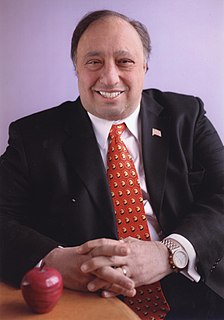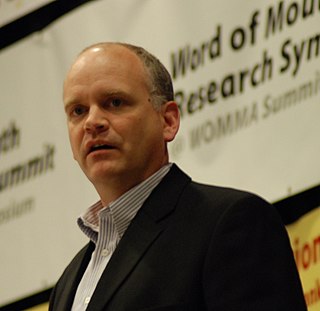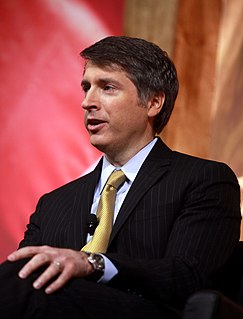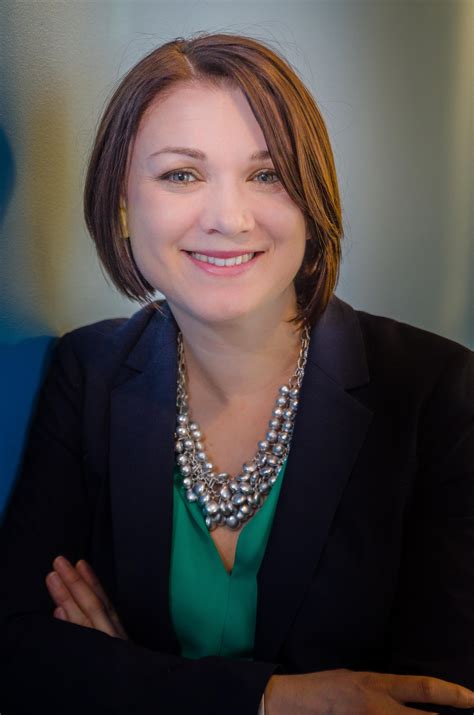A Quote by Steve Kornacki
It's impossible to overstate the degree to which the '94 GOP revolution shook the political class. Bill Clinton was immediately dismissed as a one-term president. The main question was whether he'd bow to the inevitable and decline to seek reelection, or if it would take a primary challenge to dislodge him.
Related Quotes
It's easy to see why conservatives would be salivating at the thought of a Hillary primary challenge. Presidents who face serious primary challenges—Ford, Carter, Bush I—almost always lose. The last president who lost reelection without a serious primary challenge, by contrast, was Herbert Hoover. But in truth, the chances that Obama will face a primary challenge are vanishingly slim, and the chances that he will lose reelection only slightly higher. No wonder conservatives are fantasizing about Hillary Clinton taking down Barack Obama. If she doesn't, it's unlikely they will.
Bill Clinton became president, and he [Bill Clinton] kept cheating - and she kept destroying the women. She was supposed to be paid off in 2008. They gave her health care; she botched that. Hillarycare, it was called in 1993, '94, whatever. That was her first payoff. Co-presidency was the next payoff.
With Bill Clinton, his lawyers always wanted him to say nothing about the Lewinsky scandal. Defendant Clinton had the right to remain silent. But President Clinton had a completely different need - political survival. That meant, in the end, that he needed to trumpet his supposed innocence and talk publicly to the American people.
Everything Bill Clinton has done is fair game. He's a former president. I just don't think that is the most effective way to beat Hillary Clinton, because while all that was going on there were a lot of women who felt for whatever reason great sympathy for Hillary Clinton. Look, if my husband were doing that, I would have left him. I would not have behaved the way Hillary Clinton did.































